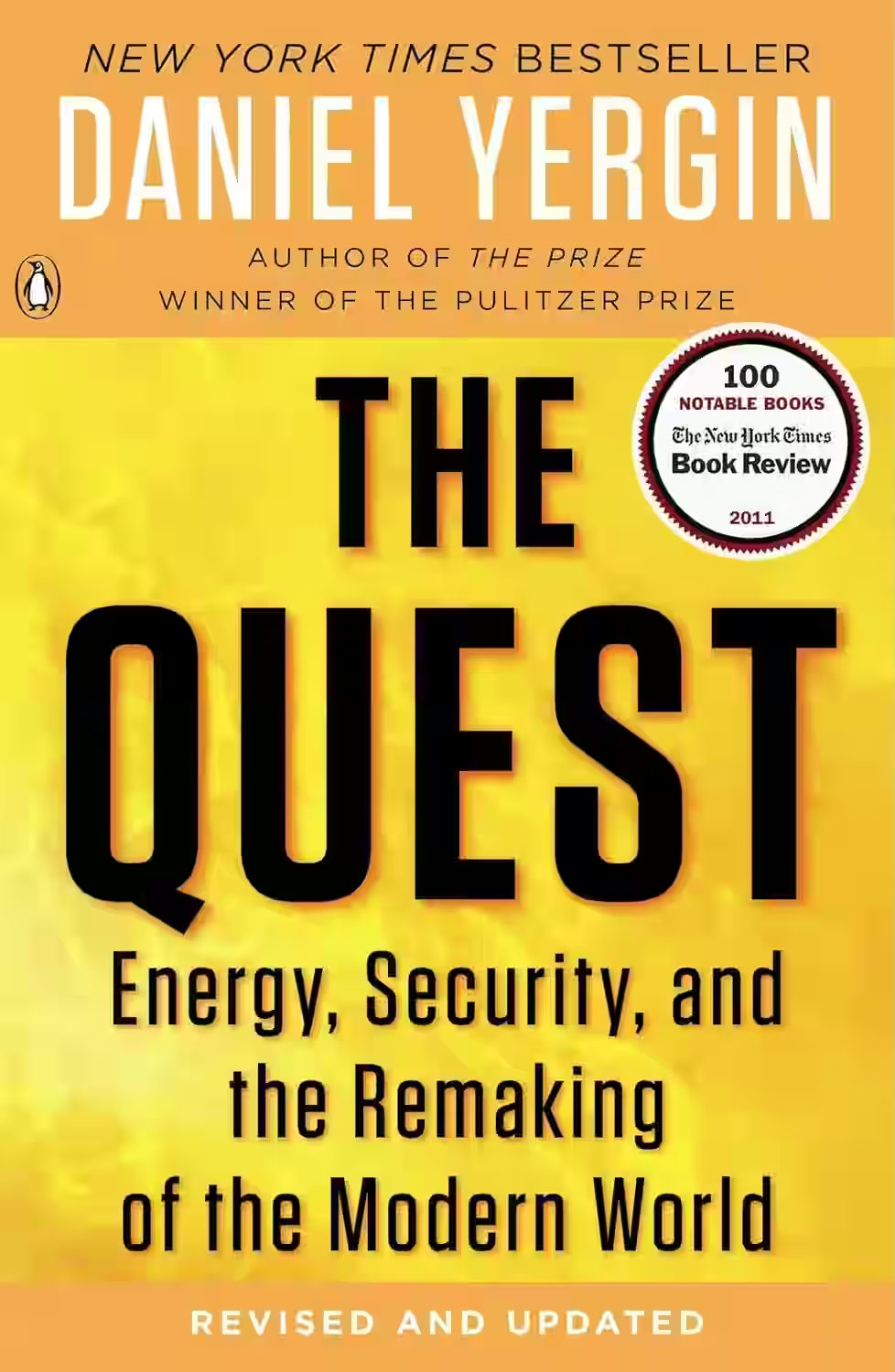
In 'The Quest: Energy, Security, and the Remaking of the Modern World,' Daniel Yergin takes readers on a fascinating journey through the often overlooked world of energy geopolitics. The book delves deep into the intricate relationship between energy resources, global security, and the ever-evolving modern world. Yergin explores the quest for sustainable energy sources, the impact of technological advancements on energy production, and the complex political dynamics shaping the energy landscape. Through compelling narratives and extensive research, the author sheds light on the critical role energy plays in shaping economies, conflicts, and the future of our planet.
About Daniel Yergin
Daniel Yergin is a renowned American author and economic historian, born on February 6, 1947. He is best known for his insightful and influential works on energy, economics, and geopolitics. Yergin's groundbreaking book 'The Prize: The Epic Quest for Oil, Money, and Power' won the Pulitzer Prize for General Non-Fiction in 1992, solidifying his reputation as an expert in the field. His writing skillfully weaves together complex economic concepts with compelling narratives, making his works accessible to a wide audience. Yergin's contributions to literature have not only educated readers on critical global issues but also inspired policymakers and industry leaders to rethink their approach to energy and economics.
Similar Books
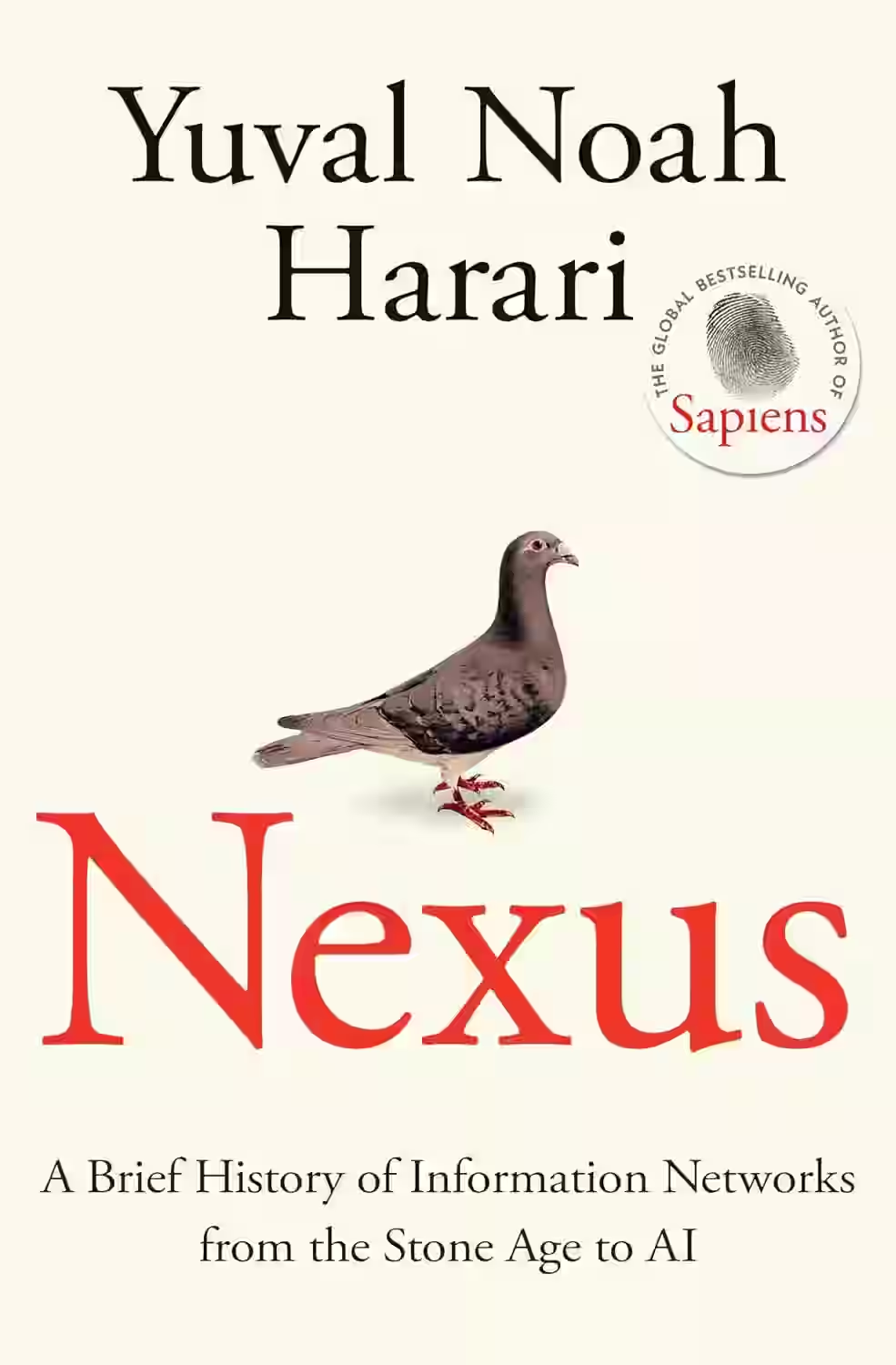
Nexus
In a future where mind-enhancing nanotechnology connects brains like apps, a young scientist develops Nexus 5, a powerful upgrade that could revolutionize human evolution—or destroy it. Caught between shadowy government forces and post-human extremists, he must navigate a dangerous world of espionage, ethics, and power struggles. Fast-paced and thought-provoking, Nexus explores the limits of human potential and the morality of scientific progress in a near-future thriller that blends cyberpunk and biotech with philosophical depth.
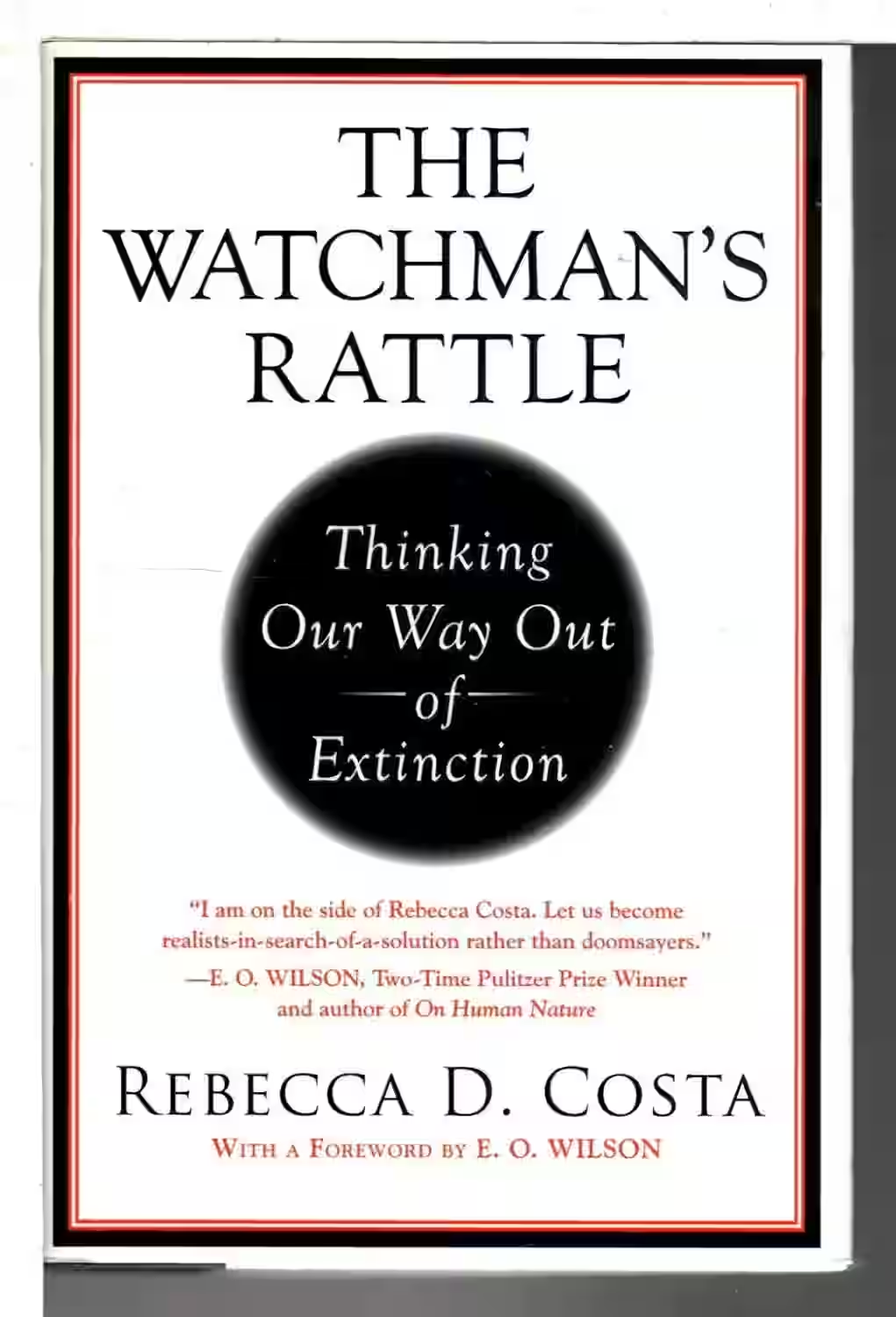
The Watchman's Rattle: Thinking Our Way Out of Extinction
Rebecca Costa’s The Watchman’s Rattle explores how civilizations collapse when complexity outpaces our ability to solve problems. Blending science, history, and psychology, she argues that as global crises become more complex, society risks paralysis unless we evolve our cognitive strategies. Costa introduces the idea of “cognitive threshold,” suggesting we must adopt new ways of thinking—such as intuition and pattern recognition—to survive modern challenges. The book links ancient failures with contemporary threats like climate change and global instability. It’s a call to embrace adaptive thinking before our most pressing problems become unsolvable.
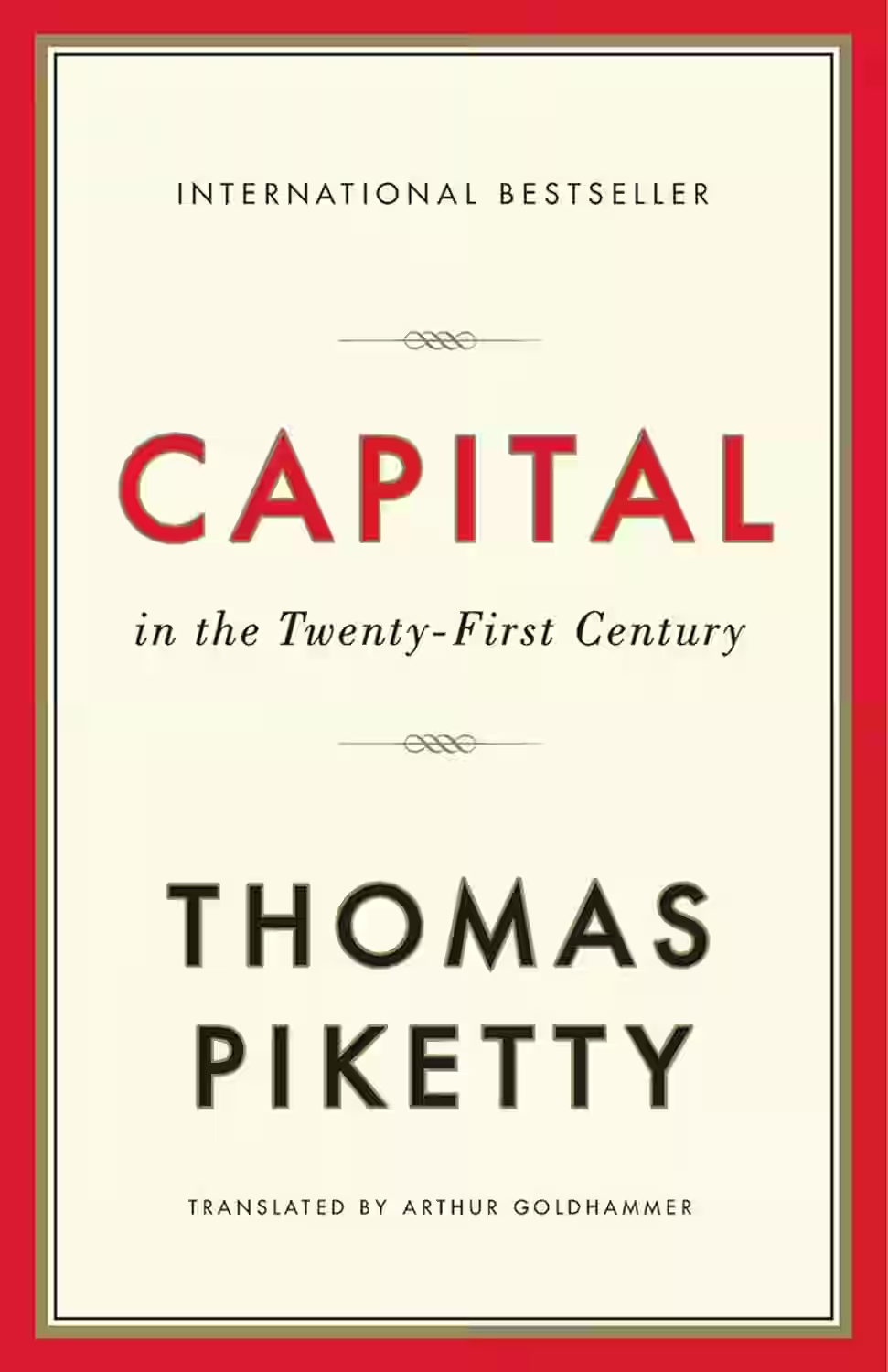
Capital in the Twenty-First Century
In 'Capital in the Twenty-First Century,' Thomas Piketty delves into the dynamics of wealth and income inequality, offering a comprehensive analysis of economic data spanning centuries. Through historical evidence and theoretical frameworks, Piketty explores how capitalism inherently leads to the concentration of wealth in the hands of a few, exacerbating social disparities. He emphasizes the role of inherited wealth and argues for a global wealth tax to address growing inequality. This seminal work challenges conventional economic theories and sparked worldwide debates on wealth distribution and taxation policies.
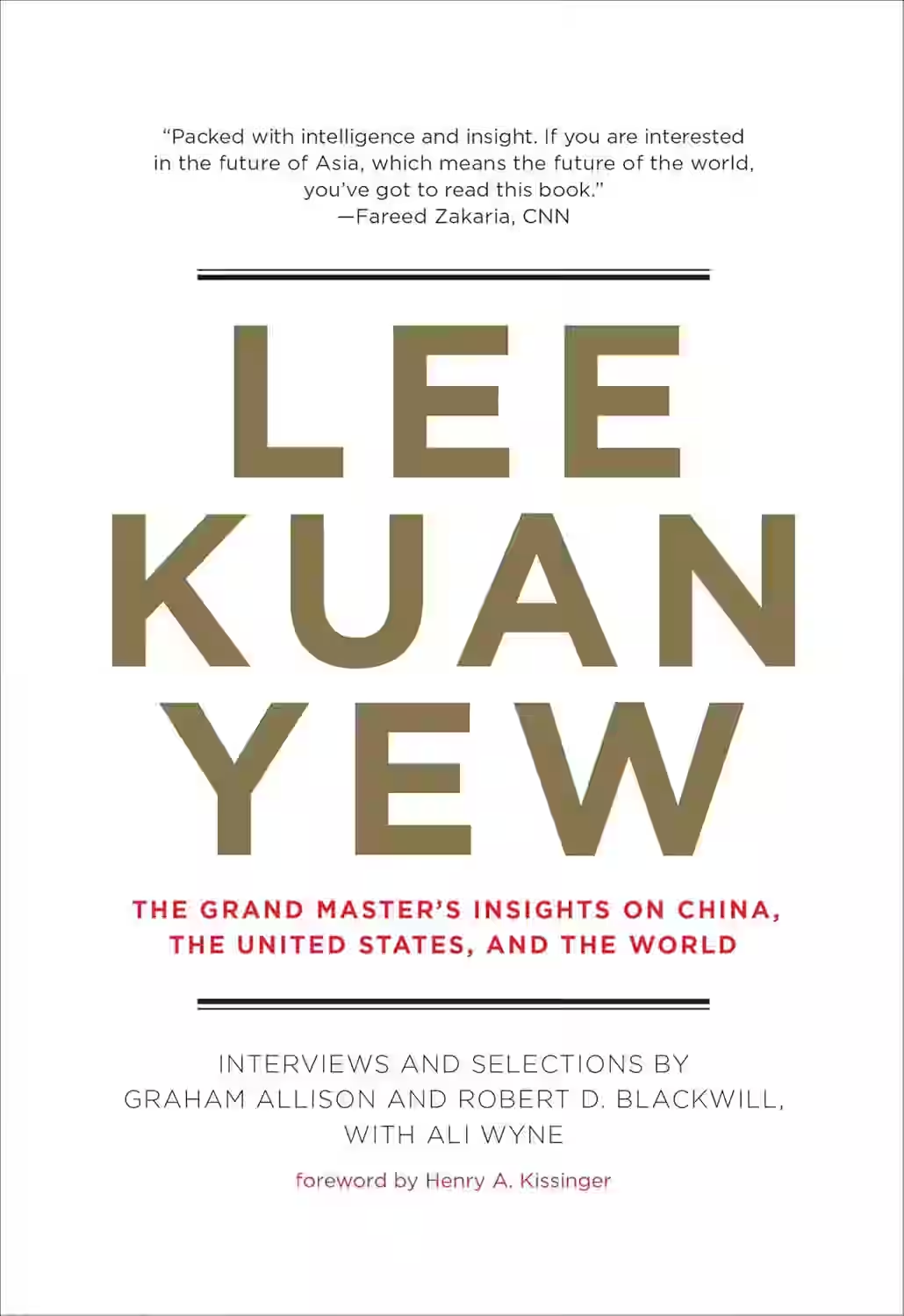
The Grand Master's Insights on China, the United States, and the World
In 'The Grand Master's Insights on China, the United States, and the World,' Graham Allison, a renowned political scientist, offers a compelling analysis of the complex dynamics between China and the United States, exploring their interactions and implications for global politics. Drawing on his expertise, Allison delves into the historical context, strategic calculations, and potential pitfalls that shape the relationship between these two global powers. Through insightful anecdotes and data-driven arguments, he sheds light on the challenges and opportunities that arise from their interactions, providing readers with a deeper understanding of the intricacies of international relations.